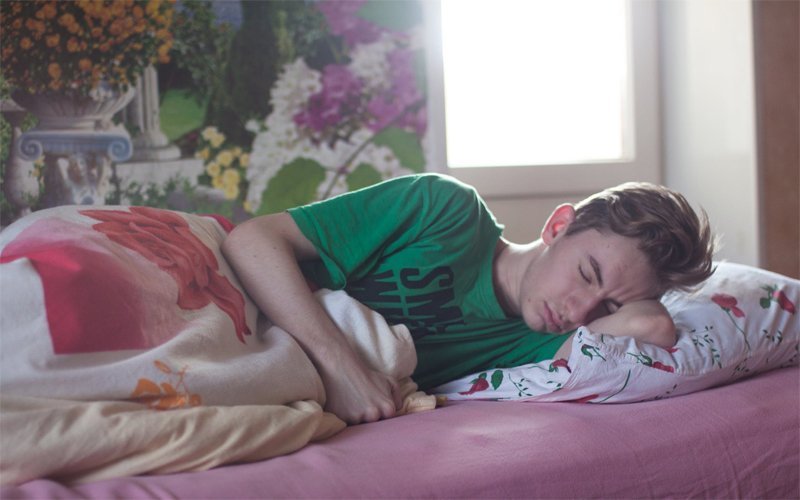| Anxiety is a pervasive problem that can be difficult to diagnose and treat. People try everything from pharmaceutical remedies to therapy, natural remedies, supplements, meditation, and more. Some find relief from their anxiety, but others continue to struggle, no matter what they try. If this is you or someone you love, you know how crippling anxiety can be. Even mild anxiety can make people exhausted, simply because they expend so much energy fighting it every day. By the end of the day, it’s not surprising than anxious people just want to fall into bed. Unfortunately, sleep does not always come easily to the anxious. That’s not the only way sleep and anxiety are tied together, though. Sleep Deprivation is Tied to Many Mental Health Symptoms Researchers looked at the results of a massive survey and discovered that people who sleep less tend to exhibit more mental health issues. Every hour of sleep that people missed raised their chances of experiencing everything from depression to nervousness and restlessness. While depression and anxiety don’t always go hand-in-hand, they can. In addition, nervousness and restlessness are two symptoms that definitely tie into anxiety. The study also had people evaluate their mental health days as good or bad. Less sleep seemed to come alongside more bad mental health days, regardless of the symptoms a person experienced. Treating Sleep Problems May Help Anxiety, Too There is a high correspondence between people with anxiety disorders and those who report sleep disturbances or have other sleep diagnoses. Researchers found that treating sleep conditions seemed to help lower anxiety, too. While people did not necessarily seek out treatment of their sleep issues to lower their anxiety, it seemed to get better as the sleep issues were resolved. These researchers are hesitant to say that the sleep issues caused the anxiety or vice versa, and they are unsure that treating sleep first is always the way to go with anxiety. However, the correlation between treating sleep and lowering anxiety remains. It seems that, at the very least, people who struggle with both anxiety and sleep disturbances should see treatment for the sleep problems and see if that helps their anxiety, too. Improve Your Sleep to Improve Your Anxiety If you deal with anxiety regularly and you also have difficulties sleeping, it’s worth your time and energy to focus on getting more rest. This may help lower your anxiety, and it will definitely give you the energy you need to deal with your symptoms effectively. Here are some things you can try: — Go to bed at the same time each night and get up at the same time every morning. This helps your body to know what to expect and to train it so it knows when to sleep and when to wake. — Get a mattress that is comfortable and that supports your spine. If at all possible, compare mattresses so you can figure out what you like and what best promotes your sleep. — Watch what you eat and drink before bed. Heavy or rich foods, caffeine, and alcohol can all keep you awake at night. Try to eat a balanced meal 1-2 hours before bedtime and drink only water or decaffeinated, unsweetened beverages in the 3-4 hours before you try to sleep. — Make your environment as dark and quiet as possible. This will promote your rest and will keep you from waking because of some disturbance. Anxiety can make you miserable, but you don’t have to let it keep you down. Taking the time to figure out how to get the sleep you need can help lower your anxiety and can also put you in a better place to deal with your mental health symptoms. |
~ Sara Westgreen is a researcher for the sleep science hub Tuck.com. She sleeps on a king size bed in Texas, where she defends her territory against cats all night. A mother of three, she enjoys beer, board games, and getting as much sleep as she can get her hands on.
Tuck is a community devoted to improving sleep hygiene, health and wellness through the creation and dissemination of comprehensive, unbiased, free web-based resources. Tuck has been featured on NBC News, CNN, NPR, Lifehacker, and Radiolab and is referenced by many colleges/universities and sleep organizations across the web.

